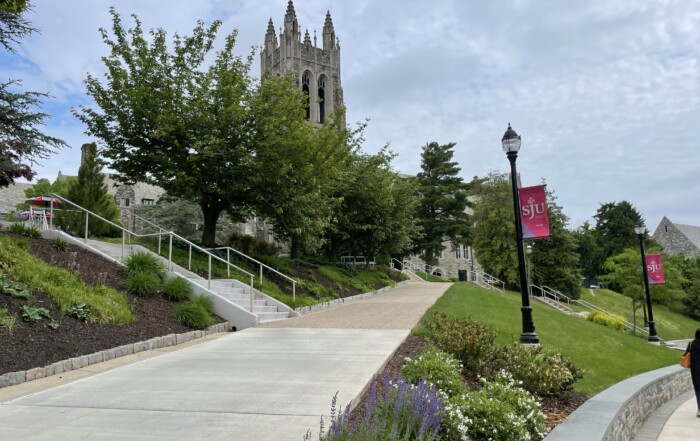College Admissions Tips and Guidance
Beware of Senioritis: How to Avoid Senior Slacker Syndrome

Explore Our Articles
Recent Posts
Popular Categories
Get In Touch
On Social
By Phone or Text
(617) 734-3700
By Mail or Email
1678 Beacon Street
Brookline, MA 02445
By Form
Educational Advocates
Our objective is to guide the family in finding options where the student will not only get admitted, but thrive and find success once on campus.
Beware of Senioritis: How to Avoid Senior Slacker Syndrome

Students should keep challenging themselves senior year.
For seniors who have been accepted to the school of their choice, the second semester of senior year can seem like the perfect opportunity to relax and enjoy a break after the intense college admission process. Indeed, some students see the final semester of their high school career as a chance to check out academically (and, in the case of skipping classes, physically). Although the tendency of high school seniors to slack off in their academic efforts is not a new problem, senioritis can have serious consequences for students that go beyond their final grades in senior English.
In recent years, with the increased competition in college admissions, some colleges have started revoking admissions decisions. In an article by Shelly Gigante, a personal finance writer, the associate director of research for the National Association of College Admission Counseling (NACAC) says, “I would say it’s rare in terms of the number of students affected, but not as rare as you might think in terms of the percentage of colleges that revoke an offer in a given year. According to NACAC’s latest research, 20% of colleges rescind at least one offer per year.
Even in the cases where an admissions offer is not revoked, some students still feel the repercussions of slacking off during their senior year. A number of schools, such as the University of Virginia, send out warning letters to students whose grades have dropped and request that the students send an explanation for the change in grades. Students may also find themselves ill-prepared for the rigors of college classes. According to the College Board, as many as half of all college students have to take remediation courses, and a quarter of students in four-year institutions don’t make it to their senior year. So, finishing strong academically is a gift to yourself because it will increase your chance of success during your freshman year of college.
To help mitigate the symptoms of senioritis (and to avoid getting the dreaded warning letter), here are a few tips to follow:
- Keep the Lines of Communication Open: After getting the acceptance letter from a college, it might seem tempting to lose touch with the school until it is time for orientation. However, by keeping the school informed about your academic decisions for the second semester of senior year, you can prevent heartache down the road. For instance, before dropping two of your Advanced Placement courses in favor of getting extra study halls, check in with your university. According to the New York Times, Northwestern University told one student who dropped one AP course and considered dropping another academic subject in favor of photography, that the school would reconsider its offer of admission if she decided to proceed with these changes.
- Keep Challenging Yourself: Even the most motivated senior can find it appealing to drop out of hard courses during the second semester. However, this can influence colleges to rethink their decisions and can cause you to see school as something that can easily be skipped. Instead of lightening your course load or blowing off your responsibilities, find new ways of challenging yourself in school. Taking on an internship or volunteer work can help you explore different career opportunities, and some schools will even let you get some credit for approved activities.
- Stay Involved: It is all too easy to blow off an athletic practice or play rehearsal during the spring of your senior year. However, besides letting down your fellow teammates and classmates, checking out too early can lead to apathy about school in general. Staying active in your extracurricular activities can help you retain a connection to your school and thus remain focused academically. More importantly, you are showing your high school, your classmates, and your future college that you honor your previous commitments.
- Avoid Disciplinary Issues: Far too many students have broken school rules late in their senior year–they may have brought alcohol to the prom or were involved in some other transgression. Technically, suspensions as a result of such actions must be reported to the college per the agreement students sign as they submit their applications. Those who choose not to report are taking a risk because another member of their school community may choose to tell the college about the disciplinary action. This has happened. If the college learns about an infraction from someone other than the student, the consequence is likely to be more severe than if the student was forthright in telling the college at the outset.








